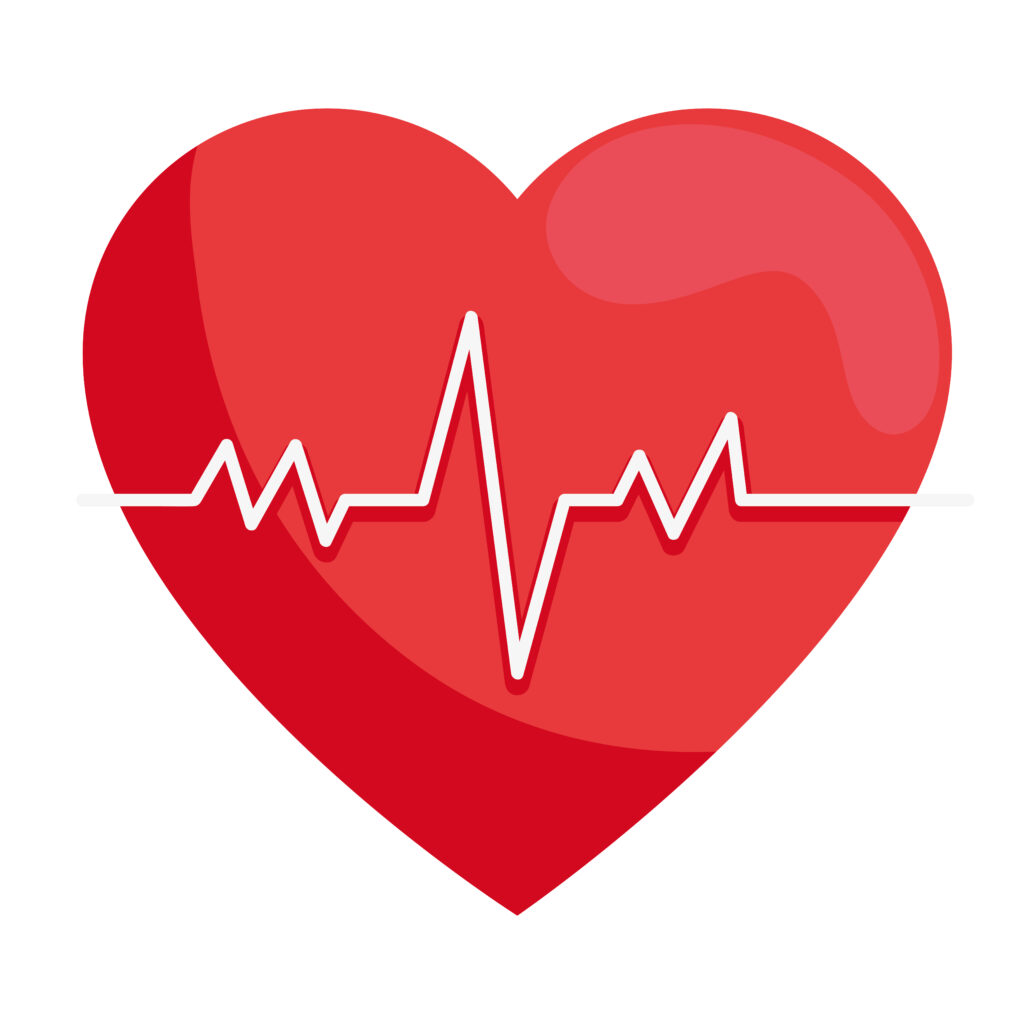February is National Heart Health Month
How Can You Mend a Broken Heart?
By Maria Alejandra Pulgar
Hearts abound around as February approaches, but not only due to Valentines’ Day. Since 1964, February is recognized as National Heart Health Month, to raise awareness and promote preventive measures to combat heart disease. President Lyndon B. Johnson instituted the campaign, to encourage the population to be proactive on protecting their heart health.
According to the Centers for Disease Control and Prevention (CDC) 1 in 2 adults in the United States have some form of heart disease or is at risk. Those are alarming numbers, as heart disease remains the leading cause of death in the country, around 941,652 deaths in 2022, as reported by the American Heart Association (AHA). In addition, 805,000 people have a heart attack each year, 75% of those being a first heart attack. Those are way too many broken hearts in a country. What can we do?

Modern lifestyle is to blame for these numbers. The main risk factors to developing heart disease are high blood pressure, high cholesterol, smoking, obesity, diabetes, high stress, and a sedentary lifestyle. Making changes and adopting heart-healthy measures can help prevent the development or avoid worsening a heart condition.
Apart from congenital heart defects that may happen in children, heart conditions can appear as early as in their twenties due to lifestyle. Therefore, AHA recommends beginning monitoring heart health in the teenage years all the way to adulthood during an annual health checkup. Testing blood pressure, lipid panel and an Electrocardiogram (EKG) provide a baseline to measure heart health and to detect early if a person needs to modify the diet, increase physical activity, avoid smoking or improve stress management to keep the body’s engine working in good condition to properly pump blood around.
Can emotions affect heart health?
There is a correlation between emotional distress and the development and progression of heart diseases.
A study from Japan in 1991 describes the Takotsubo cardiomyopathy, dubbed “Broken Heart Syndrome,” a real condition that mimics the symptoms of a heart attack and is “triggered by severe emotional or physical stress, such as the loss of a loved one, a major argument, or a sudden illness.”
Other study from Harvard in 2023 showed that “depression, anxiety, and chronic stress accelerate the onset of cardiovascular risk factors, such as increased plaque buildup in the arteries” in people with higher genetic risk. In other study from 2017 they found “heightened activity in the amygdala (the brain’s fear center) is linked to increased bone-marrow activity, inflammation in the arteries, and a higher risk of heart attack or other cardiovascular events.”
In addition to genetic factors, one of those studies also found that cumulative stress contributed to unhealthy behaviors like smoking which impact heart health. Stress is known to trigger the release of adrenaline and cortisol which raise blood pressure; emotional stress can lead to inflammation in the arteries and in people with existing heart disease, mental stress can reduce blood flow to the heart, a condition known as mental stress ischemia. This can more than double the risk of heart attack.
It is not being over dramatic to say that a situation “broke your heart” or made you “worried sick” when we see that heart health actually is impacted by emotions. Therefore, trying to live life “with peace in the spirit” and managing emotional stress looks like the right advice to protect the heart.
Prevention Strategies for a Healthy Heart
Practices such as mindfulness, meditation, or deep breathing to reduce stress, as well as regular exercise, healthy eating, adequate sleep, and social support, are beneficial. Seeking help from mental health professionals can also help to manage stress, anxiety, and depression or to assist in coping with recovery and treatment after a heart attack or other severe health issues. Seeking support when needed is fundamental for improving and recovering health and overall well-being.
The cardiologist is an important member of your health care team. Visit a cardiologist if you: experience chest pain or discomfort, especially if it occurs during physical activity; have shortness of breath, palpitations, or dizziness; have chronic high blood pressure or cholesterol; have family history of heart disease; you are a smoker or have diabetes.
If a heart attack is suspected call emergency services immediately, it can be the difference between life and death. Symptoms of a heart attack are constant chest pain or pressure; pain or discomfort in the upper body, including arms, neck, jaw, or back; shortness of breath; cold sweat, nausea, or lightheadedness. These symptoms present differently in each person, especially women. Better safe than sorry, go ahead and call 911.

